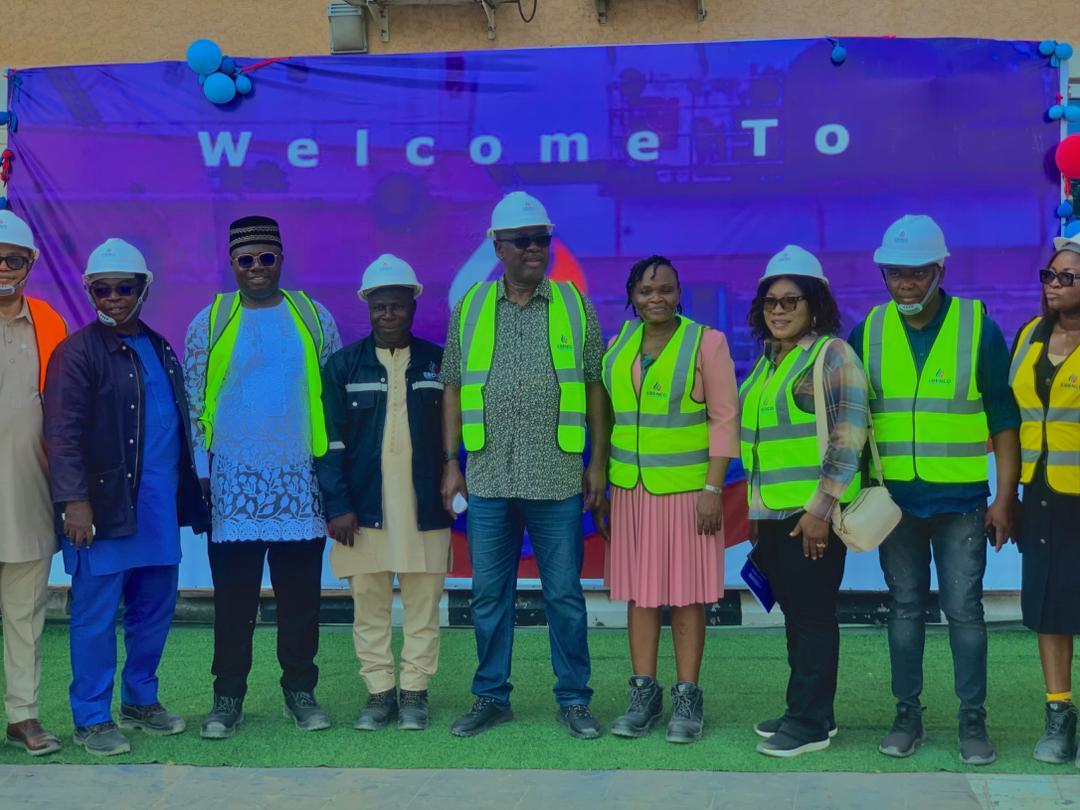
Chairman of the Association of Nigerian Development Finance Institutions, Olukayode Pitan, has advocated the use of creative ideas and collaboration by development finance institutions (DFIs) to overcome the financing gaps in addressing the economic transformation Nigeria needs.
Pitan spoke at the third Association of Nigerian Development Finance Institutions’ yearly general assembly in Abuja. Pitan, who is the managing director of Bank of Industry (BoI), said as the country strives to achieve sustainable development goals (SDGs) and address global challenges, the traditional financing models become inadequate.
But by utilising specialised funding arrangements complemented by non-financial services, DFIs can act as growth catalysts to the development of the economy, he said.
He noted that challenges like specific market failures and institutional barriers prevent private investment from flowing to developing countries because of asset deterioration, weak corporate governance and risk management frameworks.
Highlighting the importance of international cooperation and solidarity in advancing innovative financing for developmental impacts, Pitan noted that developed countries can support developing countries by providing resources, technology transfer and capacity building and it is for multilateral institutions therefore, have a critical role to play in coordinating efforts, mobilising resources and ensuring the effective implementation of innovative financing mechanisms.
“Therefore, we must continuously work together, leveraging on our expertise, resources, and networks to unlock transformative projects by working in synergy with the organized private sector and our respective Governments,” he stressed.
Using BoI Bank as an example, he recalled that over the years, the bank has successfully raised funds from the international capital market, which has allowed it to not only fill critical gaps and provide the necessary funding for transformative projects but also exposed it to global best practices and innovative solutions.
He said: “Since the Bank of Industry commenced its innovative financing mechanism, the total assets have grown significantly by 381 per cent between 2017 and 2023 (H1), reaching N2.38 trillion by the end of year 2022 and closing at N3.29 trillion as at June 2023.
“The equity position has grown by 188 per cent from N220 billion in 2017 to N634 billion in 2023 (H1). The creation of quality risk assets has helped the bank to maintain a non-performing loan (NPL) rate of about two per cent as at 2023 (H1). This falls below the regulatory threshold of five per cent. The bank maintains a strong corporate governance structure, its accounts are audited by one of the big four firms and it is rated by international and local rating agencies, that is, Fitch, Moody’s and Agusto & Co.”






